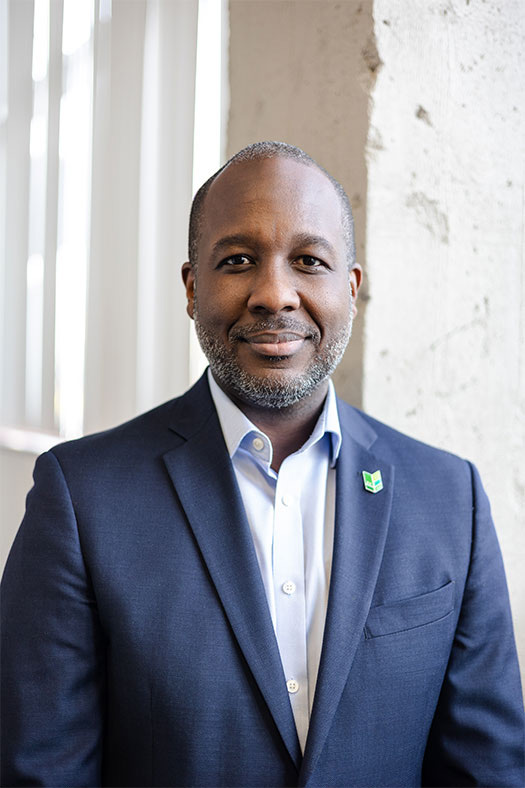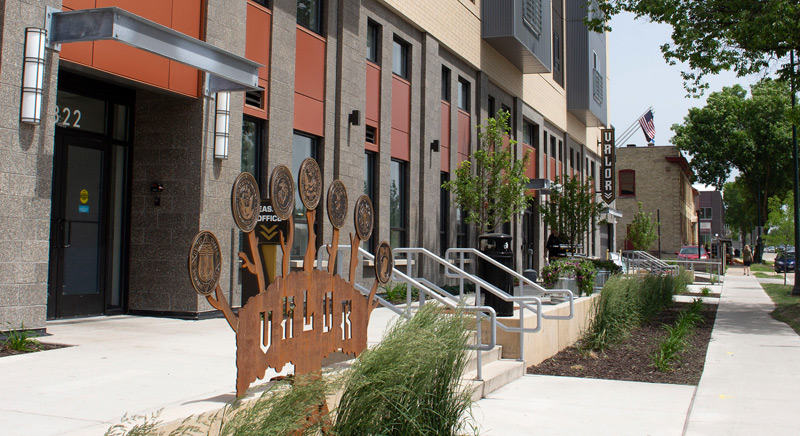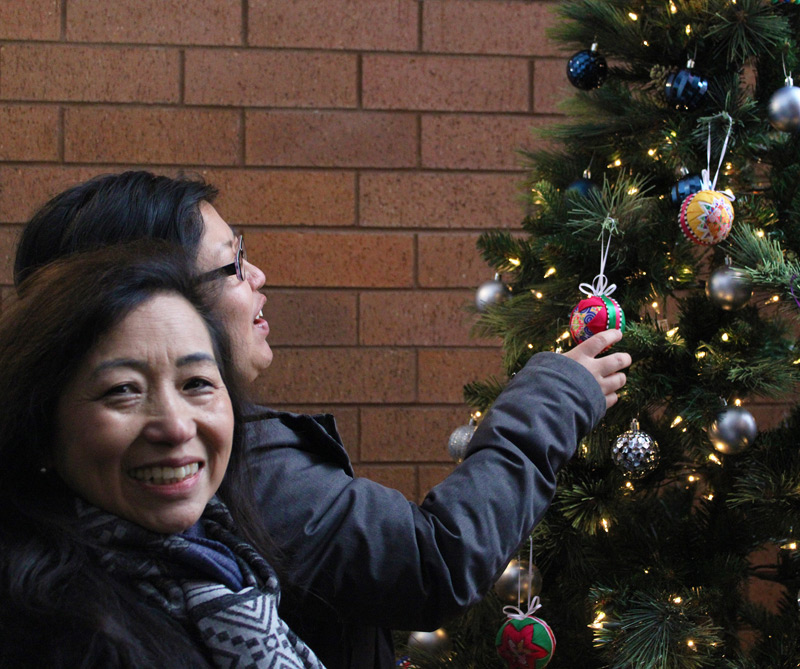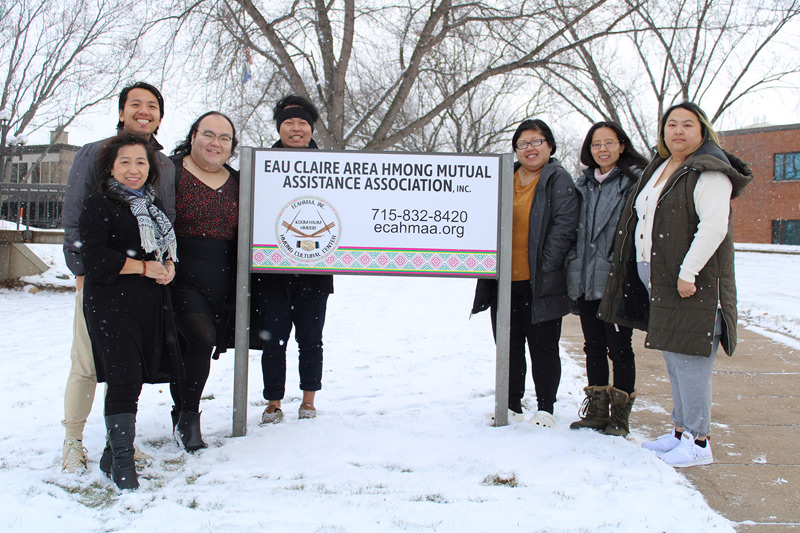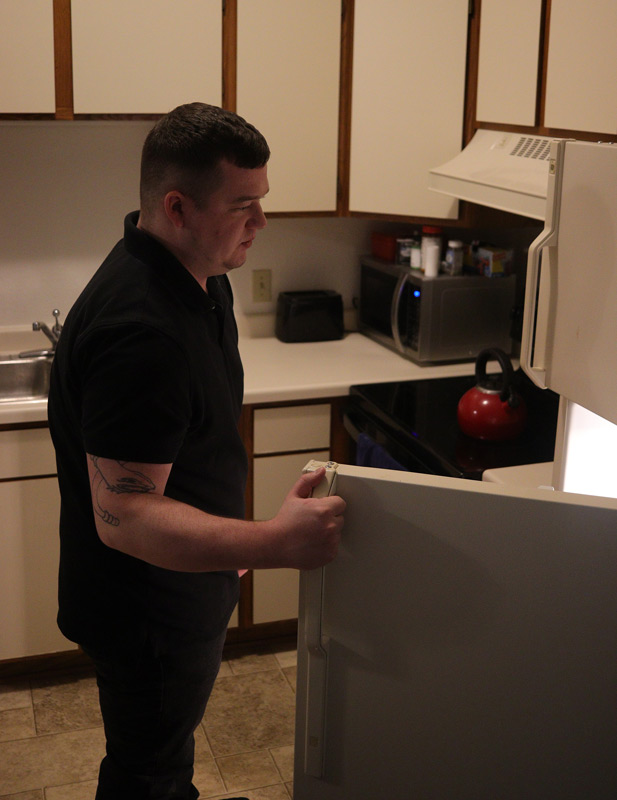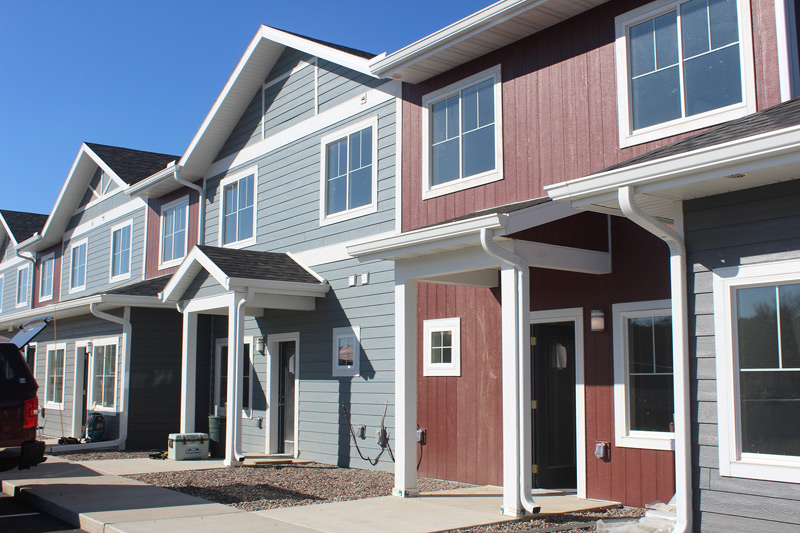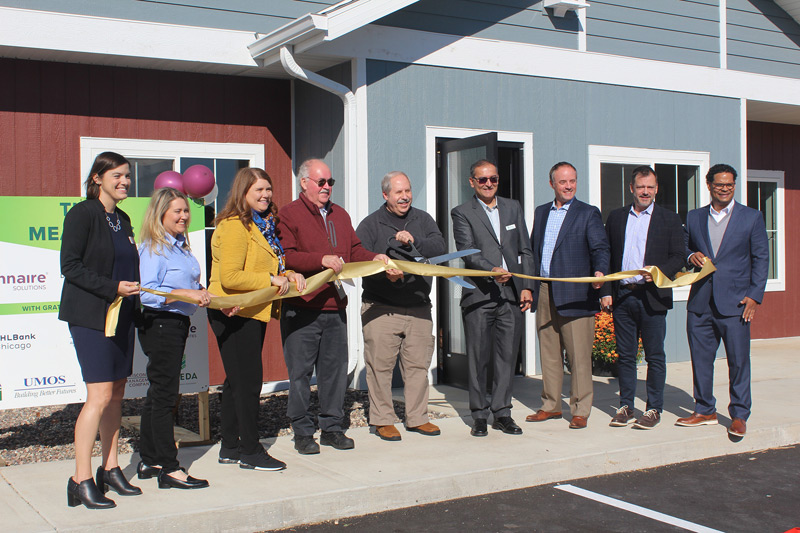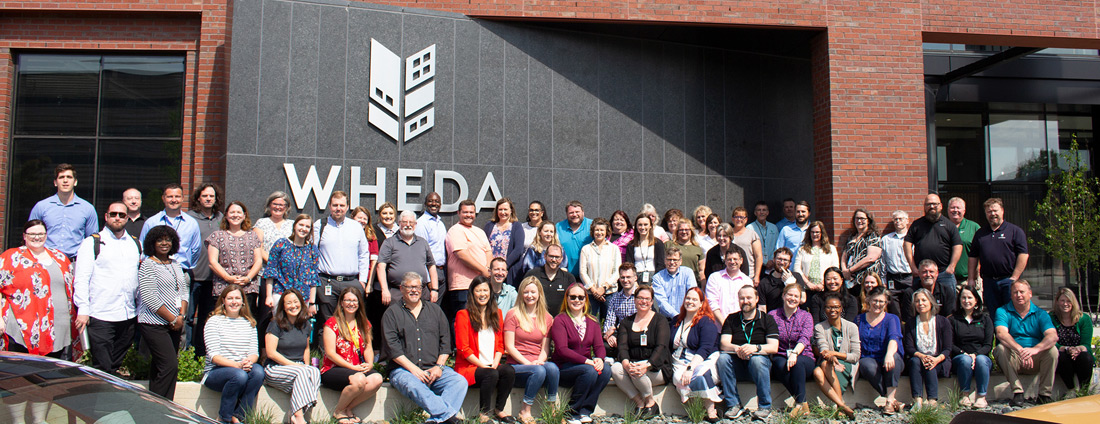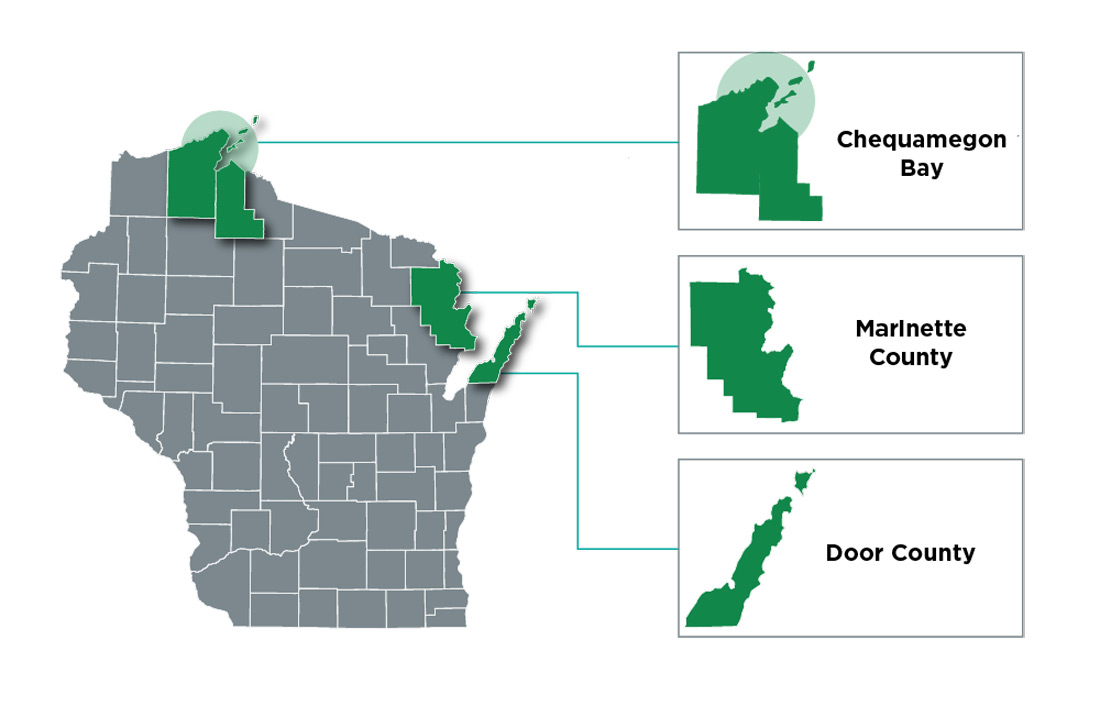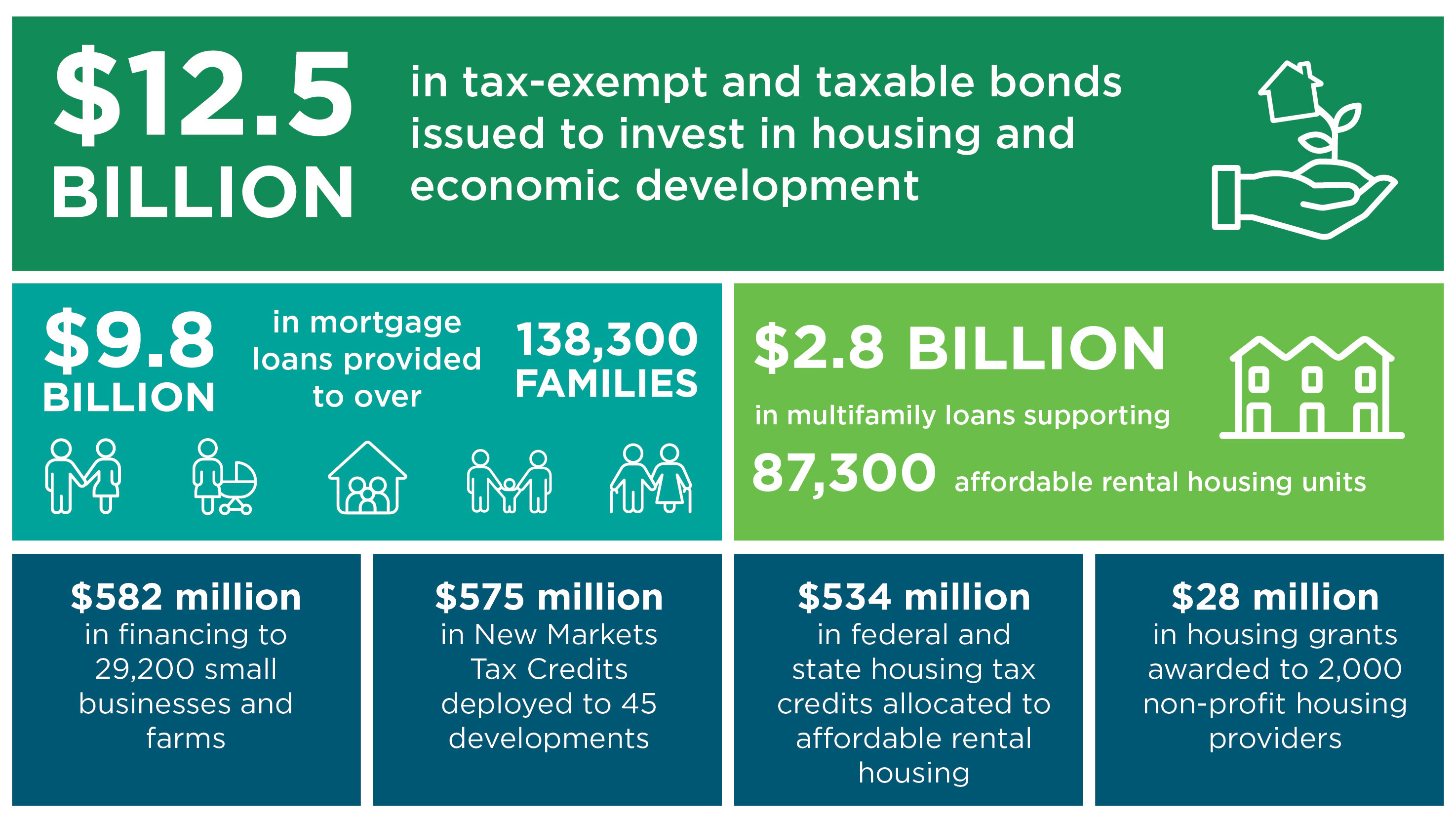Single Family
Home: The Heart of the Family
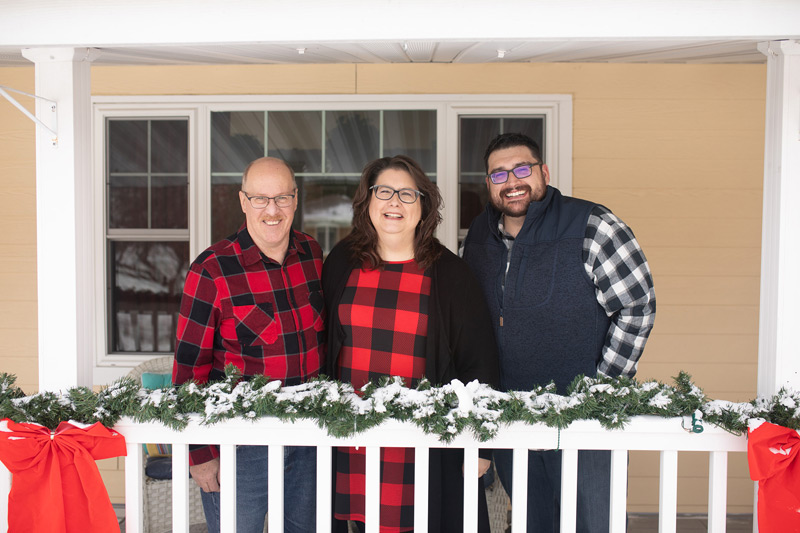
WHEDA homeowners Gary and Kathleen with their son, Adam in Colby, WI.
Change is difficult, especially when, after 25 years of marriage, you have to live a life of independence. That’s the story of Colby School District Secretary, Kathleen. In 2007, Kathleen was tasked with finding a new place to call home after many years of not having to worry about her living situation. The task of finding a new place to live was daunting to Kathleen; and because of that, she did not feel comfortable committing to homeownership right away and instead resorted to renting in Colby.
After nearly five years of living independently, Kathleen’s high school boyfriend, Gary, reached out to her in need of assistance. Gary was also going through a divorce, and given her own recent experience, Kathleen was able to help him with the necessary paperwork. The high school sweethearts continued to see each other and, in 2016, decided to marry.
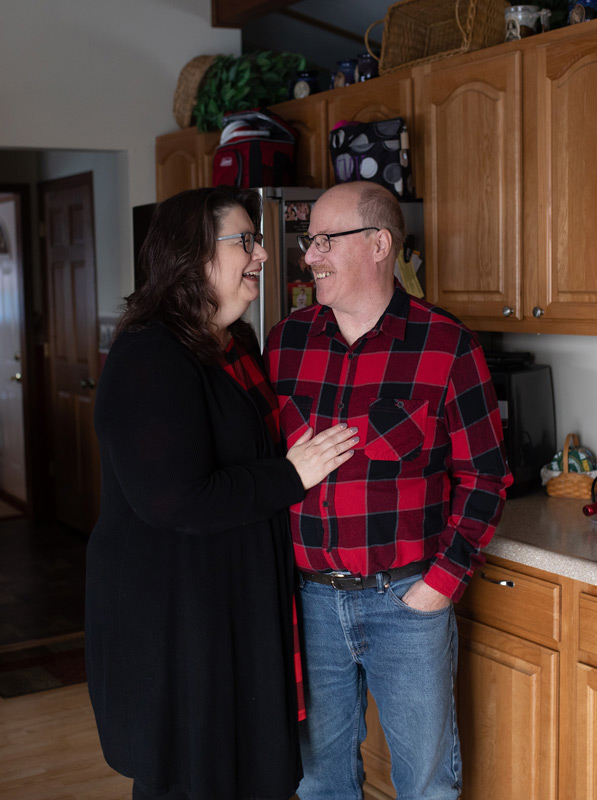
While the newlyweds rented a small home together in Colby, they hoped to eventually become homeowners. The couple had grown close with their neighbors. They learned from one of these neighbors that a house only two doors down from their current rental house was going to be put on the market. Kathleen and Gary thought this seemed too good to be true but decided to take a leap of faith and reach out to a local lender. The lender encouraged the couple to apply for a WHEDA loan and, shortly after, they were pre-approved. Kathleen and Gary moved into their new house in August 2017.
“We were over the moon. Homeownership was going to be affordable; we didn’t have to put money down; we were able to call a place ours in a safe and conveniently located neighborhood.”
Becoming homeowners came at the most opportune time. Shortly after their move, Gary was diagnosed with Crohn’s Disease. Even though this was a hard time for the couple, they remained thankful that Gary had a healthy, safe place to battle his sickness.
The couple is overjoyed to have a place of their own where they can host gatherings of family and friends. Entertaining was not a comfortable or convenient option for, Kathleen and Gary at their previous rental home.
“We now can host without worry. I love being able to have my family over for the holidays. We recently hosted a baptism for our granddaughter and held a work party in our home.”
Inspired by his mother and stepfather’s story, Kathleen’s son, Adam, became a member of WHEDA’s Single Family Sales Team in September 2022. Adam is thrilled to be helping more people, like his mother and stepfather, pursue the dream of homeownership.
“I am extremely grateful and proud of what WHEDA does. We are more than just making homes affordable for Wisconsin families. We are helping them find a safe place to recover when they are sick, create memories during the holidays, and host friends and families for years to come.”
- Adam, WHEDA Employee

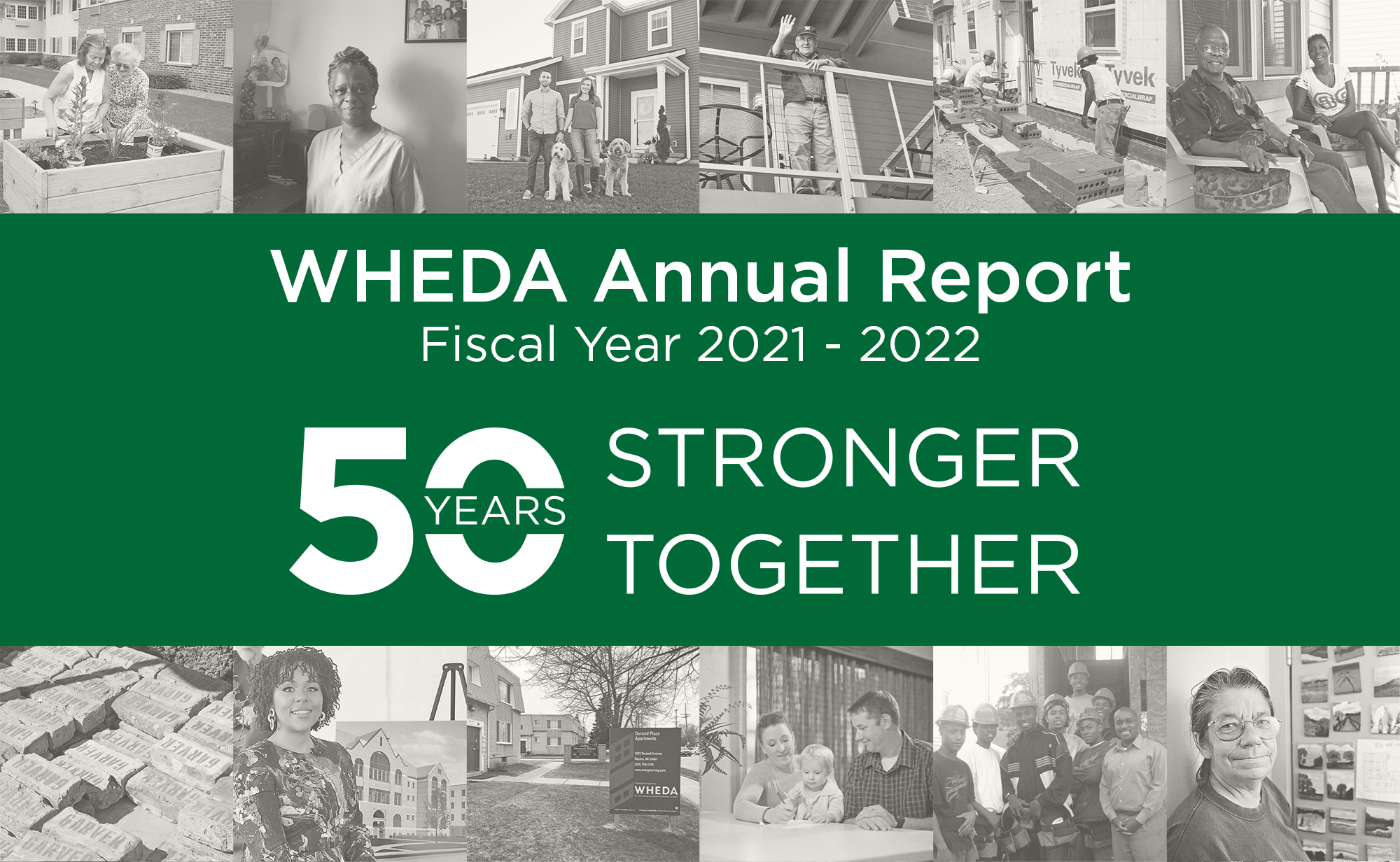








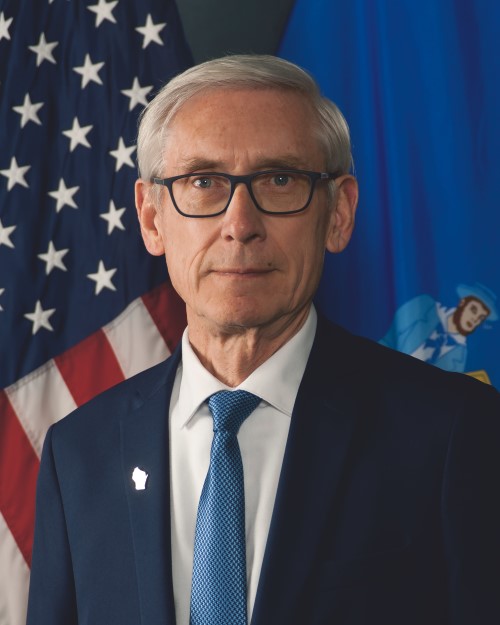 A safe place to call home is essential to the health and prosperity of our kids and families, workers, and communities, and everywhere we go, we continue to hear that one of the greatest needs in Wisconsin is reliable, affordable housing. Affordable housing links business growth, job creation, and education, and it’s good for our workforce, kids and families, and seniors. That’s why, earlier this year, I was proud to announce that my administration provided an additional $32.4 million for affordable multifamily housing developments to fill financing gaps caused by rising construction costs, interest rate increases, and supply chain delays.
A safe place to call home is essential to the health and prosperity of our kids and families, workers, and communities, and everywhere we go, we continue to hear that one of the greatest needs in Wisconsin is reliable, affordable housing. Affordable housing links business growth, job creation, and education, and it’s good for our workforce, kids and families, and seniors. That’s why, earlier this year, I was proud to announce that my administration provided an additional $32.4 million for affordable multifamily housing developments to fill financing gaps caused by rising construction costs, interest rate increases, and supply chain delays.